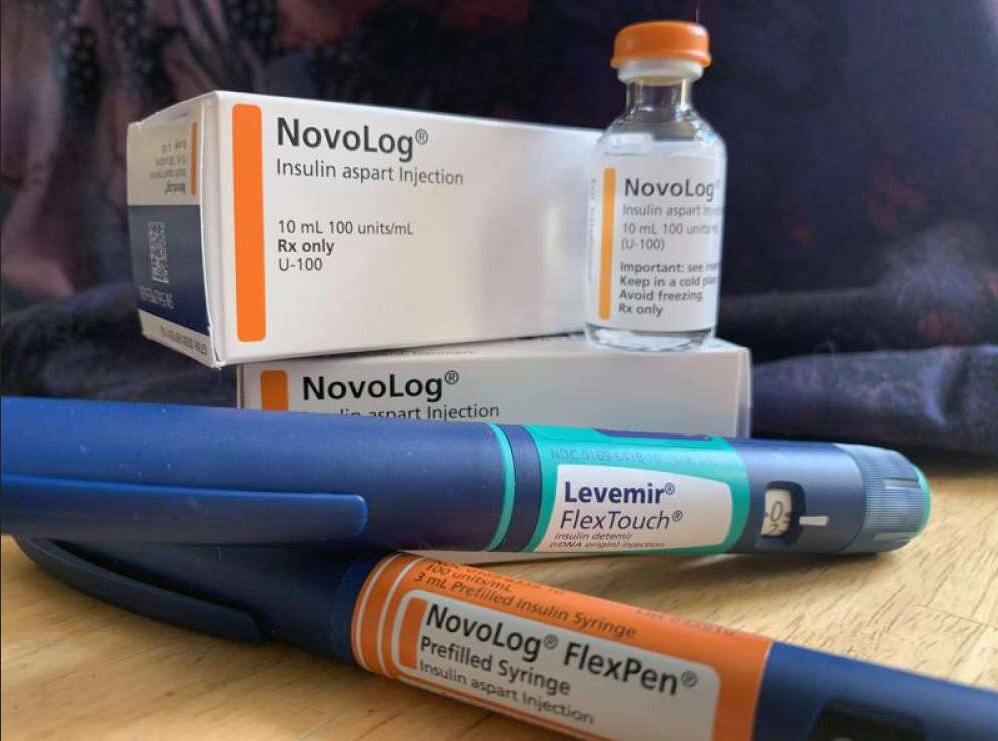Two bills making their way through the Iowa Legislature would help diabetics receive live-saving insulin in emergency situations.
Senate File 291, sponsored by Sen. Carrie Koelker, R-Dyersville, and House File 447, sponsored by Reps. Andy McKean, R-Anamosa, and Lindsay James, D-Dubuque, are working their way through the human resources committees in their respective chambers. Their aim is fairly narrow in that they would allow Iowa pharmacists to dispense a 30-day supply of insulin to those with an expired prescription in an emergency circumstance, even when a physician’s authorization cannot be obtained.
Similar bills – known as Howdy’s Law or Kevin’s Law – have been passed in several other states following the advocacy of Dan and Judy Houdeshell of Ohio. Their son, Kevin ‘Howdy” Houdeshell, ran out of insulin over the 2013 New Year’s holiday, was refused a prescription refill, and had dangerously high blood sugars that spiraled into diabetic ketoacidosis, which ultimately claimed his life.
According to his parents, Kevin went to a pharmacy on New Year’s Eve to pick up insulin, but his prescription had expired. Because of the holiday, his doctor couldn’t be reached and the pharmacist couldn’t provide the insulin without a valid prescription. Although some states initially tried to limit the emergency prescription law to just a few days of supply, insulin is prepackaged in vials or pen cartridges that exceed such time limits, and cannot be repackaged to meet the requirement.
Diabetic ketoacidosis, or DKA, often mimics flu-like symptoms – dizziness, vomiting, cramps and overall body aches. Kevin tried to go to work, but had to leave because of the sickness. It is unknown if he understood the danger of his current situation, or if he believed he was just sick. His parents don’t believe he knew that he was dying of DKA – or that the haze of the sickness had altered his thinking.

Through personal experience, I can, unfortunately, confirm that DKA places diabetics in a state of confusion. About a year after my husband’s Type 1 diagnosis he was not taking good care of himself, and high blood sugars led to DKA. At first, I thought he had the flu or some other virus, but nothing was helping and he seemed to be getting worse. I had him upright, on the side of the bed, trying to get clothing and shoes on him for a trip to the doctor. It was difficult because he thought we were already in the car, and he didn’t understand why. The subsequent hospital stay lasted for days as doctors battled his now stubborn blood sugars and brought them back under control.
Kevin didn’t live with someone who could force him upright and drive him to a hospital. He didn’t make it to the emergency room. Kevin was found, alone in his apartment.
It is this scenario the Iowa bills aim to prevent by making sure diabetics can access life-sustaining medicine in an emergency, and that they aren’t forced to ration insulin or navigate the jungle of other prescription options when they are already in crisis and may not be thinking clearly. Beyond these dire short-term consequences, poorly controlled diabetes has long-term ramifications as well – heart attacks, strokes, blindness, amputation and need for dialysis.
While the bills do not address the exorbitant and ever-rising cost of insulin – those accepting an emergency prescription are still required to pay for it – they do close an access gap that will save lives.
This column by Lynda Waddington originally published in The Gazette on March 3, 2019.
